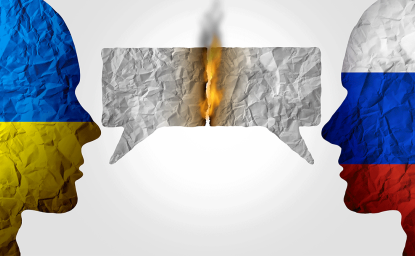The Latest
Voters have begun casting ballots in India’s general elections, which will continue for the next six weeks until concluding on June 1. This is the largest-ever election in history, with approximately 970 million people out of a population of 1.4 billion eligible to vote.
Michael Kugelman provides insights into why Narendra Modi remains popular despite high inflation and unemployment, what a Modi win could mean for democracy and secularism, and whether the opposition has been able to appeal to enough voters to end Modi’s decade in power.
Video Transcript
-
India's General Elections 2024: Prime Minister Modi Seeks Third Consecutive Term
Guest


Indo-Pacific Program
The Indo-Pacific Program promotes policy debate and intellectual discussions on US interests in the Asia-Pacific as well as political, economic, security, and social issues relating to the world’s most populous and economically dynamic region. Read more

Explore More
Browse Insights & Analysis
Greenland’s New Governing Coalition Signals Consensus

The Future of France's Far-Right Party

Ukrainian Issue in Polish Elections






